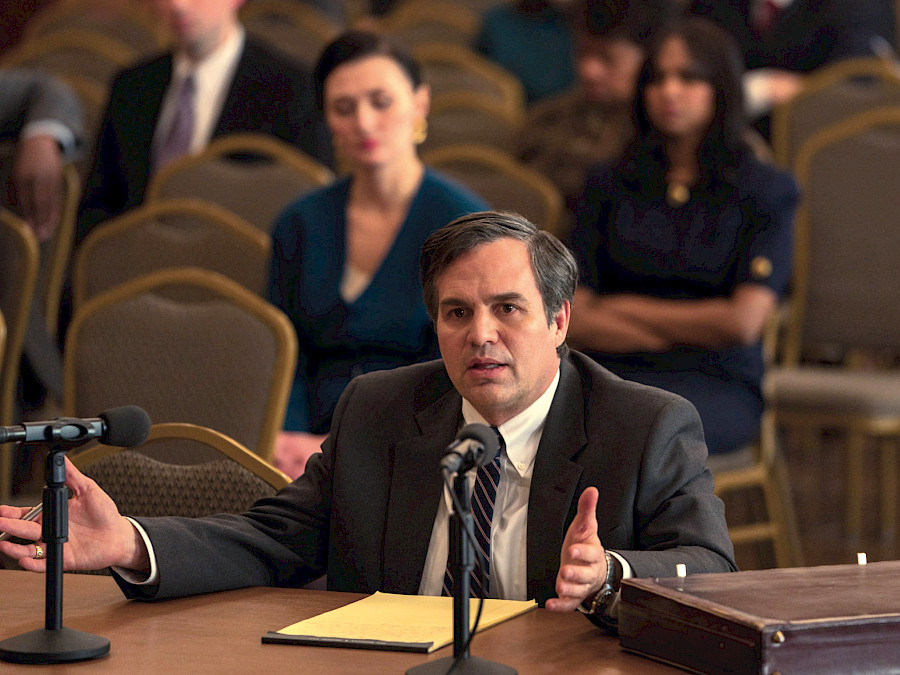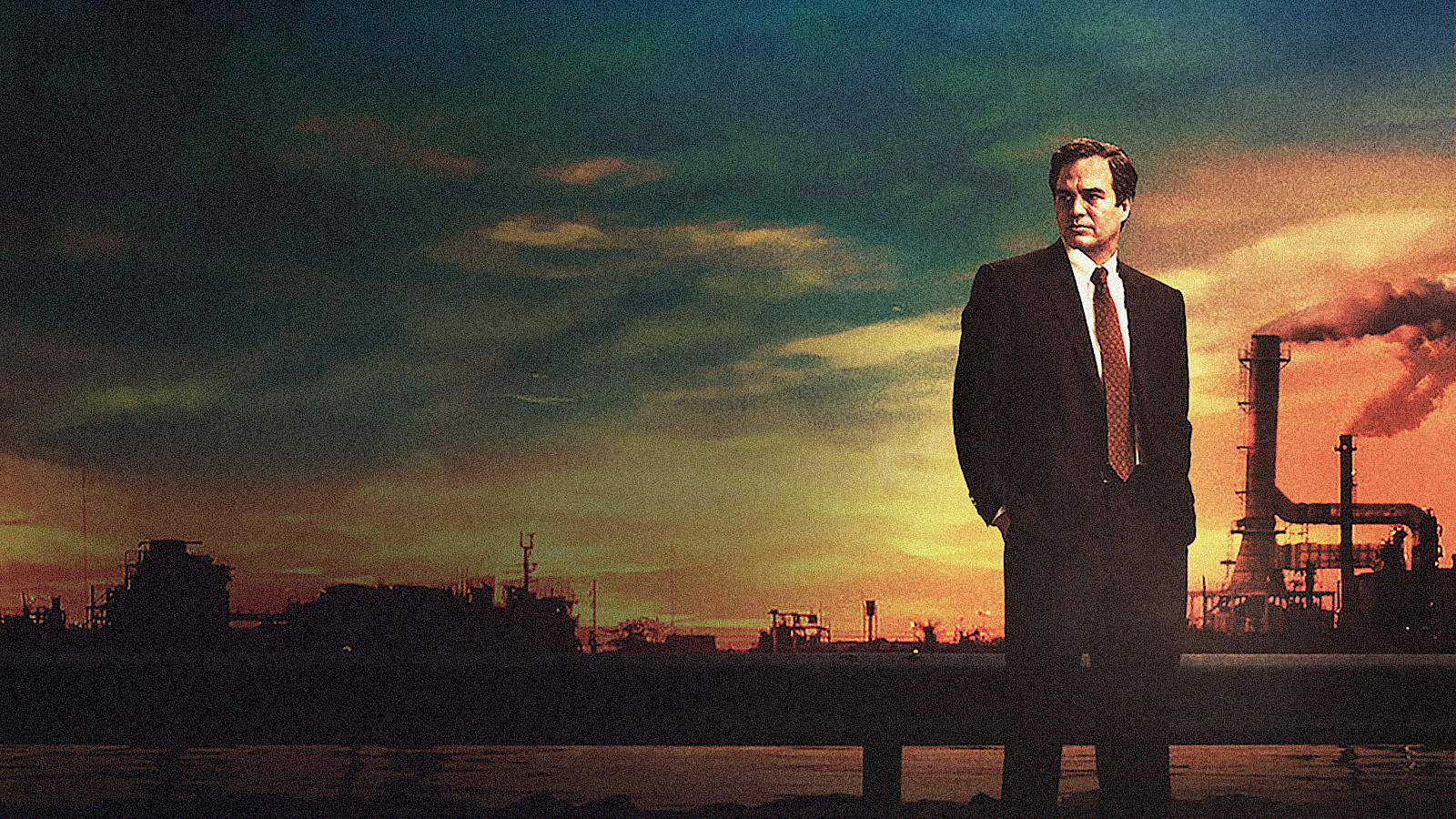
Can the environment be considered a factor in the existence of life on Earth? And if so, can we as- sume that a person's attitude towards it depends on their attitude towards themselves? Today, most of the harm to nature comes from humans themselves. And it’s unclear whether it has always been this way, whether progress led us here, or if it’s due to the short span of a human life. Perhaps, because humans cannot live more than one life at the same time, they only think about the moment they are in. And if they have work, if they are earning, if their friends and family are well-off, it’s time for new desires to emerge. In that case, an active person will grow, expand, and at first glance, this seems positive, but if you look closer, the concept of positive and negative is confined within the boundaries of human social systems. And because these systems, while similar across humanity, are not identical, the idea of growth and expansion doesn’t hold up under the pres- sure of comparison. What’s good for DuPont is bad for cows, but does that even matter?
"Can the en- vironment be considered a factor in the existence of life on Earth?"
On January 6, 2016, The New York Times published an article by writer Nathaniel Rich about a lawyer
who shook the world with his tenacity and enviable love for his work: Robert Bilott. Soon, screenwriters Mario Correa and Matthew Michael Carnahan began developing a script based on these sensational events, with Todd Haynes directing, resulting in what would become his best work.
Dark Waters tells the story of a landmark case against DuPont, a company that for nearly 50 years concealed the harmful effects of a chemical called PFOA or C8. While this abbreviation may mean little to many, the fact remains that the damage caused by this substance is irreversible and will persist in our planet’s water bodies forever. Yes, forever. Robert Bilott is a corporate lawyer at Taft Stettinius & Hollister, defending chemical companies. Successful and fully immersed in his work, Robert meets Wilbur Tennant (Bill Camp), a farmer who has tended his land since his father left. Wilbur, in tune with nature and the animals, approaches Robert because his cows are dying, convinced that DuPont is responsible. The company has built a chemical plant next to his farm in Parkersburg, West Virginia, systematically dumping waste into Dry Run Creek, which both his livestock and local wildlife drink from. Initially, Robert refuses to help Wilbur, as he doesn’t sue those he defends. However, when Wilbur mentions Robert’s grandmother, something shifts within him. Robert visits West Virginia and recalls that his grandmother often took him horseback riding in that area during his childhood, awakening a part of himself. Despite being surrounded by colleagues who look down on West Virginians, Robert remains unaffected, shaped by his childhood and moves into a hidden wanderer who understands the world more broadly than most. This realisation will soon prove significant.

At first, everything seems like a formality. He files a lawsuit against DuPont, and in response, they hand him an Environmental Protection Agency report, which he takes to Wilbur. But Wilbur erupts in anger, accusing them of lying and openly showing his frustration towards Robert. Their heated conversation is interrupted by the sight of a cow in the field behaving erratically, forcing Wilbur to shoot it twice.
Robert doesn’t just understand the situation—he feels it deeply. Bilott reaches out to Phil Donnelly (Victor Garber), DuPont's lawyer, again because he doesn’t understand certain points in the report related to PFOA, a substance he can’t find any information on. Phil responds aggressively, and from this point on, Robert embarks on a journey filled with stress, breakdowns, and the risk of losing both his and his firm's reputation, a journey that would last ten years —but not in vain.
One fateful day, Robert Bilott receives 110,000 pages of documents from DuPont, dating back to the 1950s. He spends the following months on the office floor, sorting the papers by date, structuring the information, and preparing to study them in detail. One night, his pregnant wife, Sarah Bilott (Anne Hathaway), finds him frantically rummaging around the kitchen. She’s frightened, starting to think her husband is losing his mind, but her understanding prevails. Robert confides in her that Teflon was used in the Manhattan Project, later as tank coating, and by the 1990s, it was being used in everything — from fishing gear to textile dyes. However, DuPont had known about its harmful effects on the body almost since its production began, as the company's documents included reports of tests conducted on both their employees and lab rats.
The results of the studies are mind-boggling. From this moment on, Sarah becomes an unshakable support in her husband’s fight against the industrial giant. PFOA or C8 is one of the largest environmental problems humanity and nature have ever faced, and it was created by DuPont. Today, it’s believed that 99% of all living creatures have C8 in their bloodstream. Robert Bilott fought long and hard for justice, eventually securing over $700 million in settlements for those affected, but DuPont earned $1 billion annually from Teflon sales, and no one was ever personally held accountable for the damage done to nature and humanity. In 2012, DuPont stopped using PFOA in the production of Teflon and switched to a new chemical called GenX, but in 2021, it was discovered that this substance is also highly hazardous to the human body. Todd Haynes immortalised one of the greatest industrial crimes with Dark Waters (2019), but does any of this even matter anymore?



